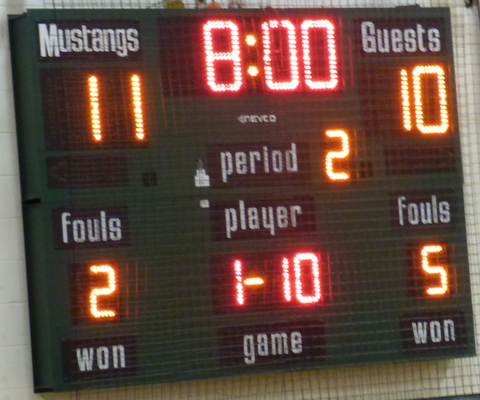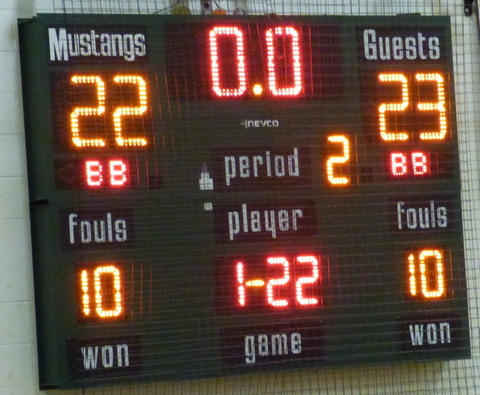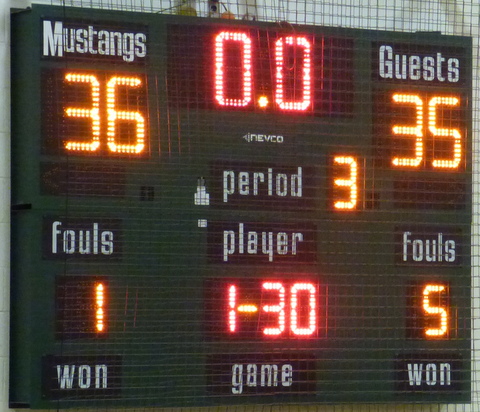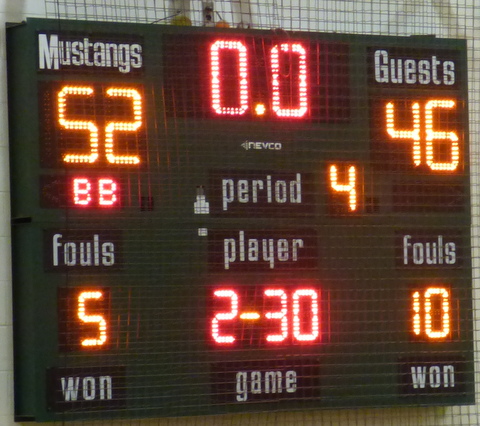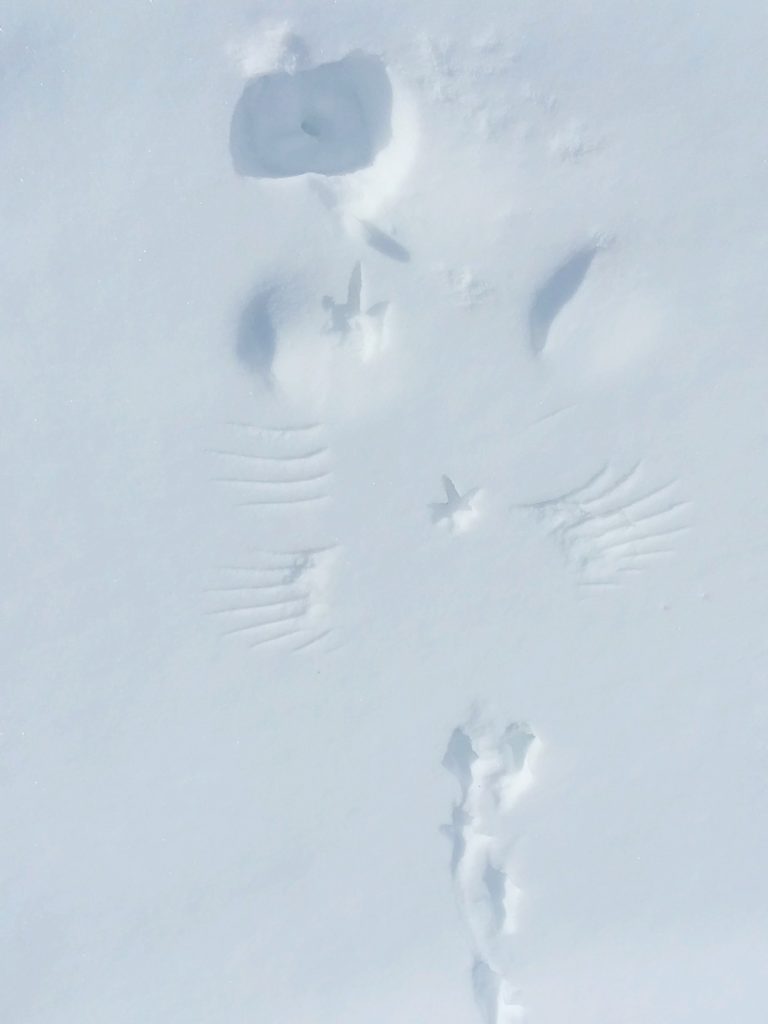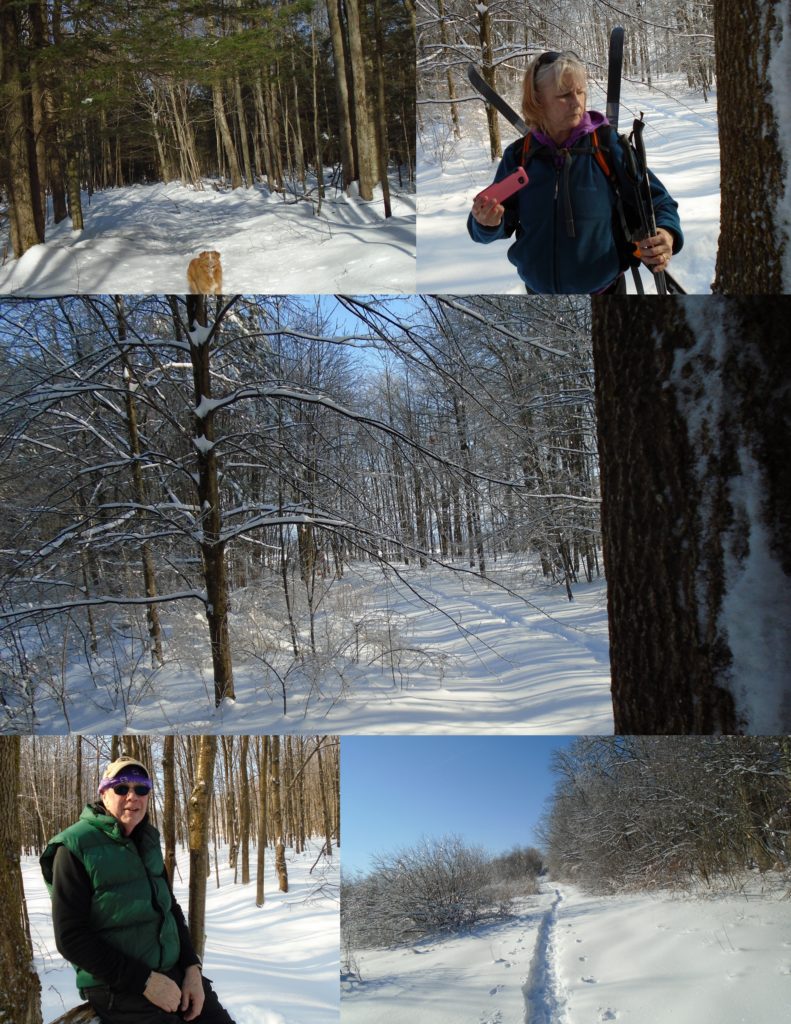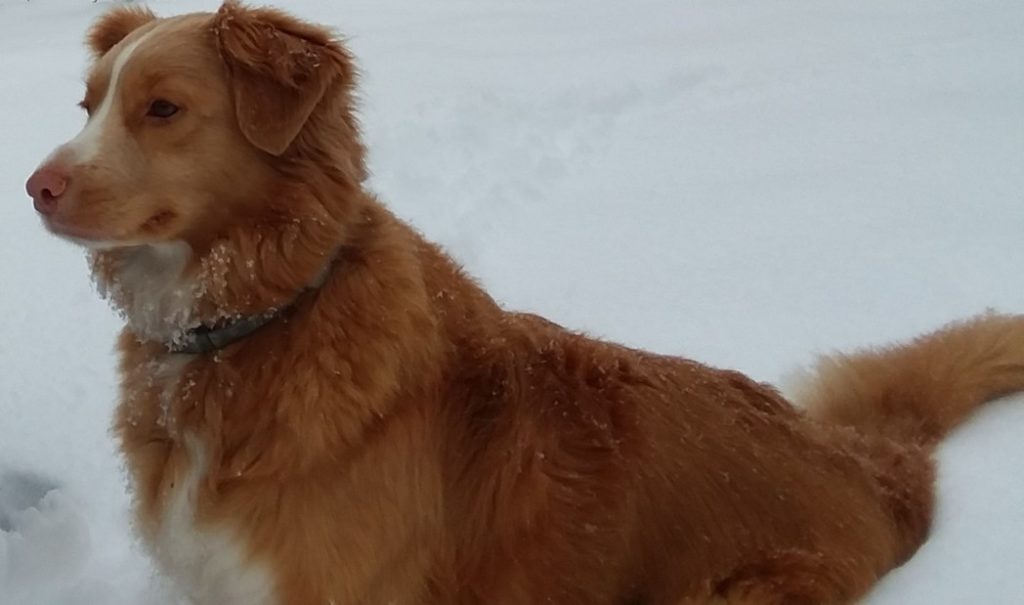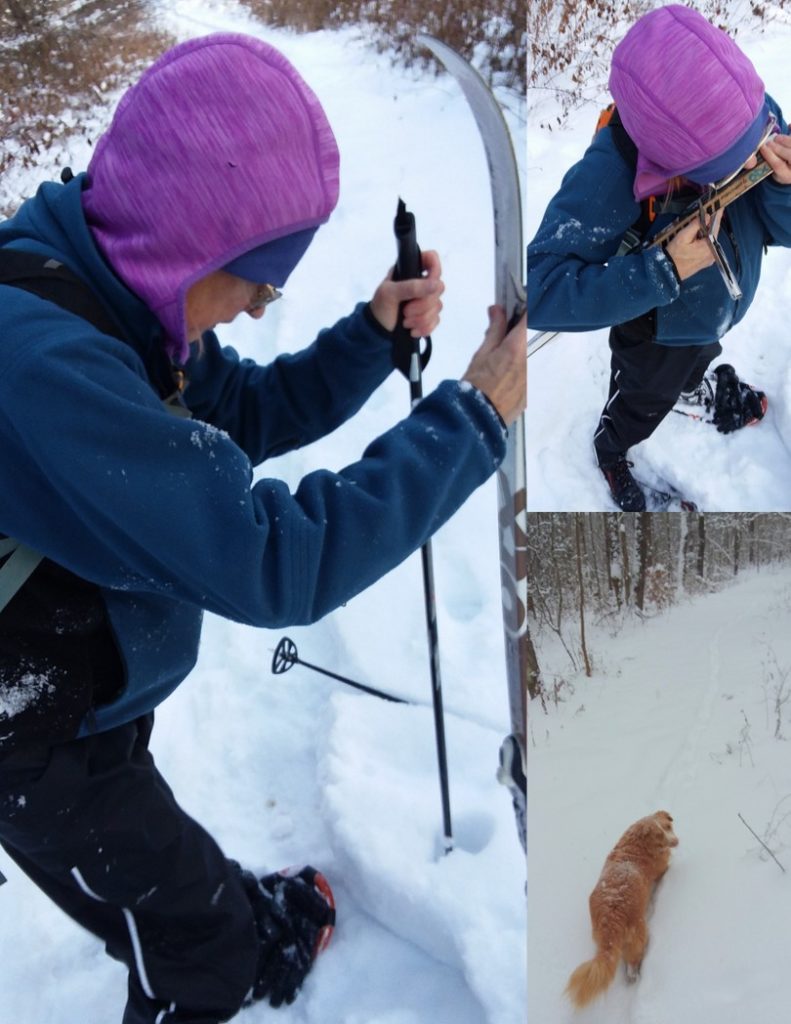Winter is associated with migration, hibernation, changes in animal behavior, plants becoming dormant, and humans experiencing special health concerns ranging from hypothermia to seasonal depression. Winter even invokes its own special vocabularies to describe the conditions (e.g. black ice, whiteouts, and corn snow).
Descriptions of winter camping
depend on geographic location, opportunities to go camping and desire
to impress your friends and relatives. There are groups from northern
Canada to the Ozarks that claim winter camping experience; although I am
sure their conditions and experiences are greatly different.
How you define winter camping might depend on your definition of ‘winter’, along with the gear you carry along with you for precautions.
Meteorological or thermological winter is defined as the three month
period associated with the coldest average temperatures so the start of
meteorological winter can change depending on how far north one lives.
This corresponds to the months of December, January and February in the
Northern Hemisphere and June, July and August in the Southern
Hemisphere.
Astronomically, winter can be defined as beginning on the winter
solstice, the day of the year which has fewest hours of daylight, and
ending on the following equinox. In the United States this defines
winter as roughly beginning December 21 or 22 and ending about March 20
or 21.
Practically, winter may be defined by the organization with perhaps
the most winter camping experience, or at least the most participants,
the Boys Scouts of America. The Boy Scouts define cold weather camping
as taking place when the temperature is below 50F and involves cold, wet
and/or windy conditions.
Many adventurers view permanent snow cover and/or ice as a critical
aspect of winter camping, requiring cross-country skis or snowshoes to
traverse the winter landscape.
One might decide that winter camping is camping which requires
specialized cold weather gear such as snow shovels, white gas stoves,
crampons, insulated clothing and four season tents and/or require
specialized skills such as building snow shelters.
Regardless of your location, most agree that nighttime dominates the
winter season and lower temperatures are part of the equation. Dealing
with the weather, cold temperatures and inclement conditions challenge a
winter camper’s physical comfort.
Winter camping has been described to me as a time when one switched from “camping to enable hiking to hiking to enable camping.”
Regardless of the definition you chose, winter camping provides an
opportunity to be out of doors 24 hours a day. Winter camping is not an
end in itself; it is merely the vehicle that allows us to enjoy being
outside.


